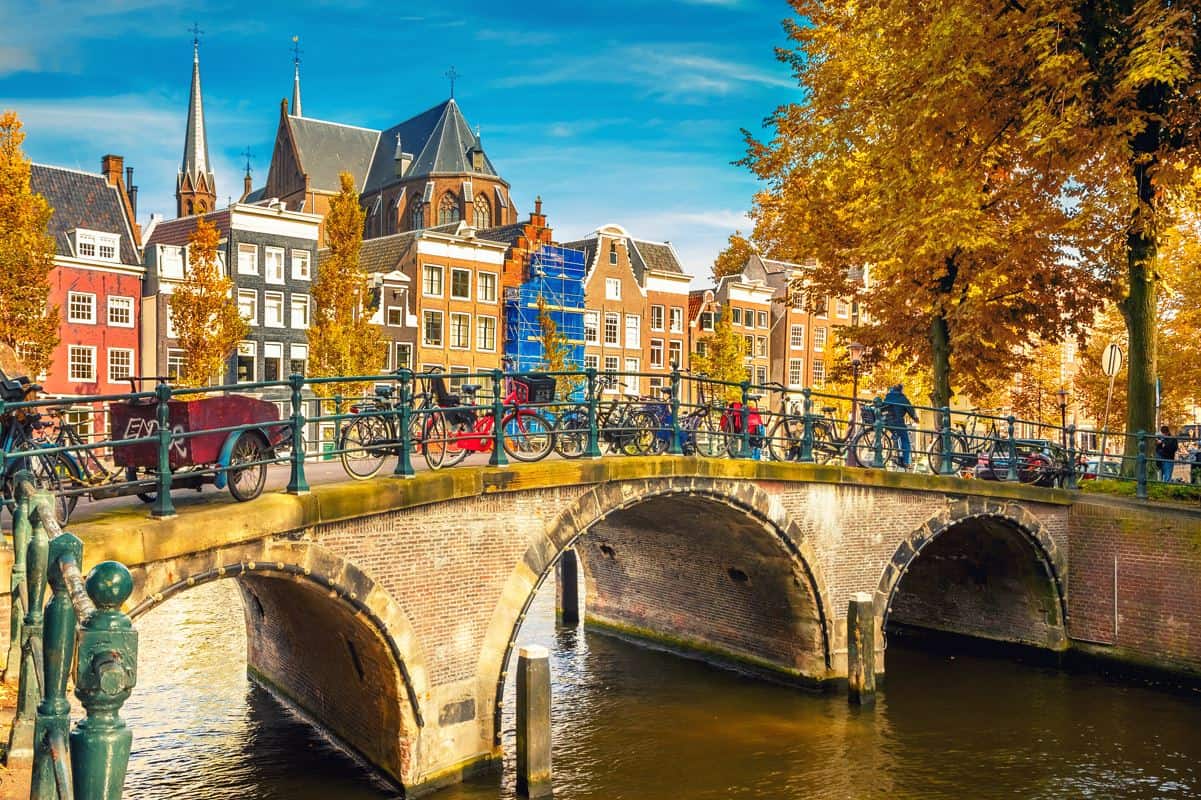Wild stag parties, rowdy late-night tourists, and overcrowding are what come to mind for the Amsterdam tourism scene for some, but now locals want to take back their city and change its reputation from party central to a cultural hub. Residents are said to be fed up with nuisance tourists that have hit an all-time high after the city reopened after the pandemic.
Last week, Amsterdam city proposed a major package of initiatives that would curb nuisance tourism and would encourage more quality tourists that were interested in exploring the city instead of late-night partying, cannabis cafes, and brothels.
“If we love the city, we have to act now,” said the Mayor of Amsterdam, Femke Halsema, in a press release. “Much has been done in recent years, but we need to do even more. Intervention is needed to counter the nuisance and overcrowding. Amsterdam is a metropolis and that means a lively and bustling city, but to keep our city livable, we now have to opt for limits instead of irresponsible growth.”

What Changes Are Being Proposed
- Capping Tourists: 18 million people have visited Amsterdam this year, which equates to the same number of residents in the whole country. There is currently a pledge to limit tourist numbers to 20 million, and initiatives have already kicked in to help, such as capping the number of people arriving at Amsterdam’s major airport, Schiphol.
- Increased Cannabis Bans: the city wants to ban smoking cannabis on streets in certain hot spot tourist locations and is also looking into banning sales of cannabis in the red-light district on weekends. This ban aims to align with the current alcohol sale bans in the red-light district, which restricts alcohol purchases at liquor stores after 4 pm on Thursdays to Sundays.
- Converting Hotel Space To Homes Or Offices: hotel owners will be encouraged to convert hotel spaces to homes or offices instead, in an effort to cap overnight guests.

- Banning Organized Pub Crawls: pub crawls are on warning, as the city proposes an investigation into what legal options are available to ban organized pub crawls and limit their availability to minimize drunken crowds.
- Closing The Red Light District Earlier: restaurants, bars, and brothels are all a part of the establishments that are proposed to close earlier in the red light district to limit the number of people in the area at night.
- Implementing A “Stay Away” Campaign For Tourists: further efforts are proposed to deter low-grade tourism, such as a ‘stay away’ campaign that detracts particular tourists. Travel experts have already started taking the lead and have recommended Amsterdam as a city not to visit in 2023.

- Raising Tourist Tax: The city is considering raising the tourist tax during peak times. The current tourist tax is 7% of the accommodation cost for hotels (excluding food and beverage) and 3 euros per person per night or 10% of holiday rentals.
- Moving Brothels To Assigned Areas: Mayor Femke Halsema has detailed her plans to move brothels to an erotic center, where the mayor and city council paid an architect to come up with the design. The plans are currently facing backlash due to local opposition and workers not wanting to move away from popular hot spots, so a new solution is currently being discussed.

- Doubling Down On Organized Crime: officials are looking into curtailing organized crime from tourist shops, cafes, and other establishments that specifically target tourists.
The proposals by the city still need to be presented to the elected council during its meeting on December 21.

Why Are These Changes Being Implemented?
When more people visit one city than the population of the whole country, this can lead to adverse consequences for locals. Amsterdam has developed a reputation as a stag party destination but has a lot more to offer than its cafes and late-night bar hops.
The Holland Tourism Board has become focused on readjusting its marketing campaign and promoting different areas in the Netherlands, with an aim to segment tourists and spread them out across different times. In its 10-year plan called Perspective 2030, it has pledged to “attract different visitors to different areas at different times” and put local residents first.


